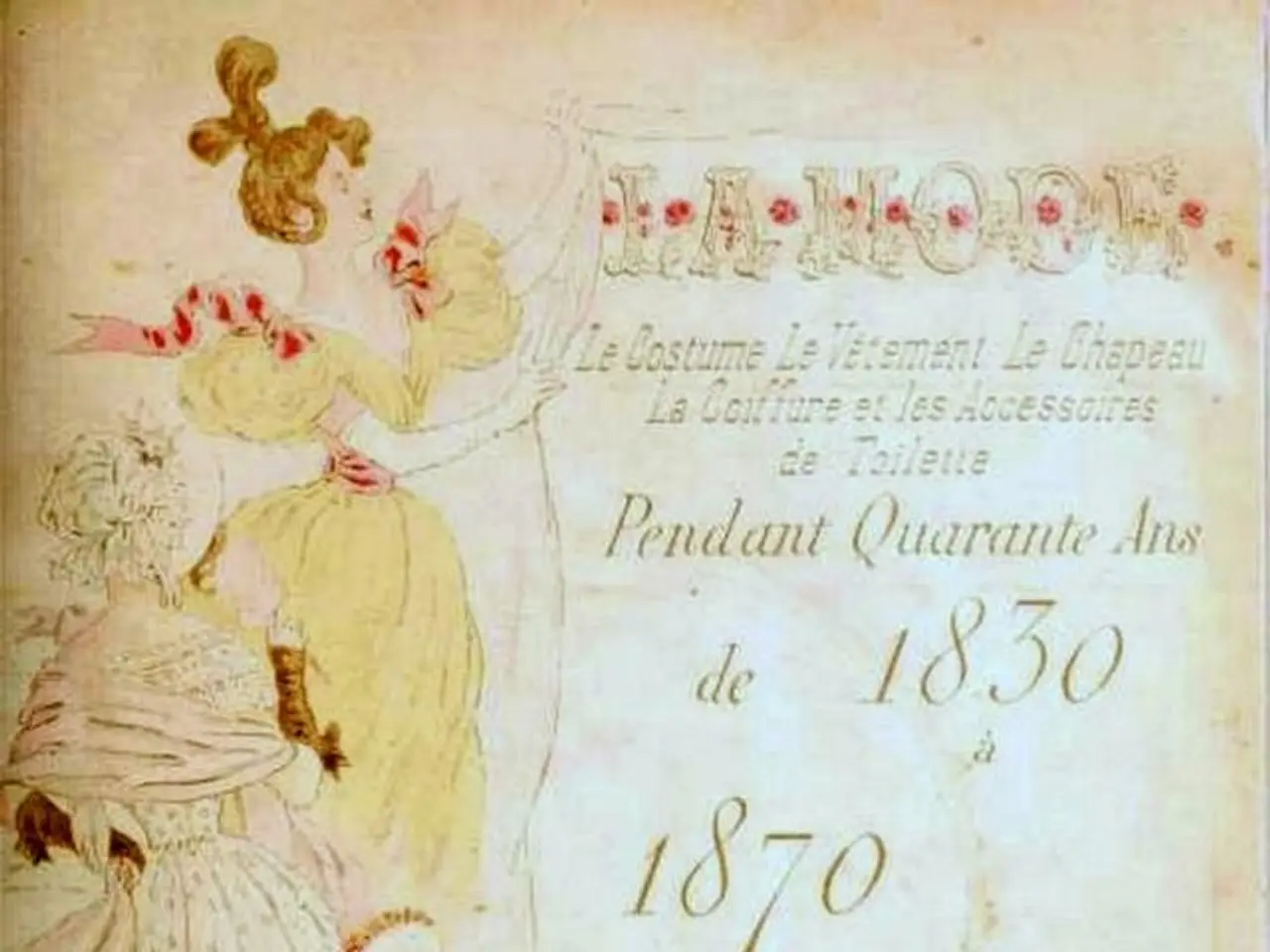Study Reveals Double Standards in Leadership Assessments for Women
A recent study in Frontiers in Psychology has shed light on the persistent biases in leadership assessments, revealing that women face double standards in exhibiting both feminine and masculine leadership behaviours. The research, led by Professor Margaret Hopkins and her colleagues, underscores the need for organisational change to promote gender equality in leadership roles.
The study found that women are penalised for demonstrating stereotypical masculine traits such as competitiveness and task orientation, behaviours that are positively evaluated when exhibited by men. Conversely, women were also negatively evaluated for displaying stereotypical feminine behaviours like teamwork and empathy, traits that are typically associated with effective leadership in contemporary views.
The researchers discovered that women's leadership performance assessments and leadership potential appraisals were negatively affected, regardless of the behaviours they demonstrated. This highlights the bias in leadership evaluations, where women are held to different standards than their male counterparts. The study also found that organisational decision-makers should investigate policies and practices that may contribute to gender stereotypes and impede women's progress in leadership roles.
The study suggests that organisational structures and systems must change to provide equal leadership opportunities for both women and men. To mitigate biases, women should find allies and sponsors, create strategic networks, seek high-profile assignments, and develop and communicate their individual definitions of career success. The findings underscore the urgent need for organisations to address and challenge gender stereotypes in leadership assessments and promote a more inclusive and equitable work environment.




